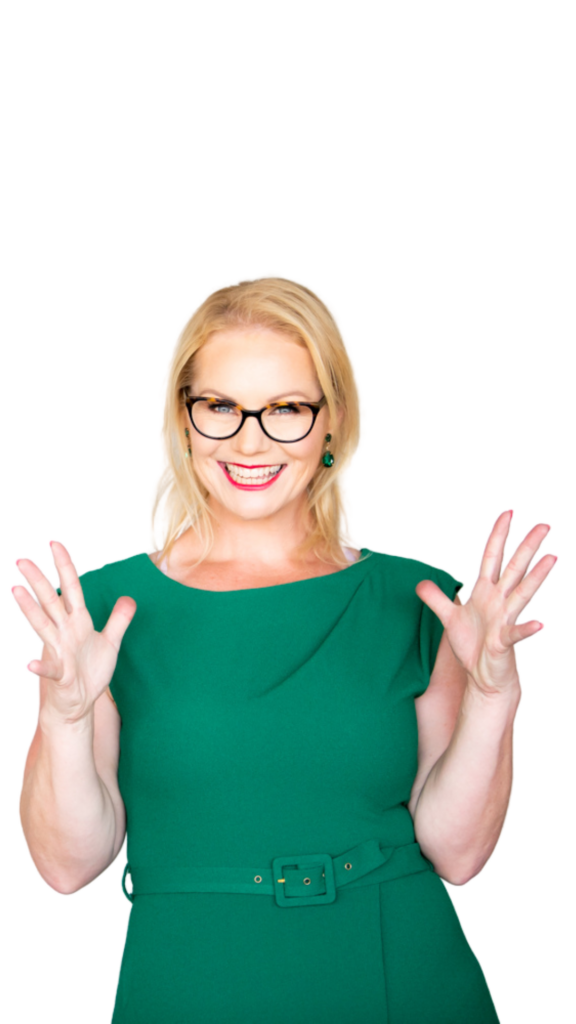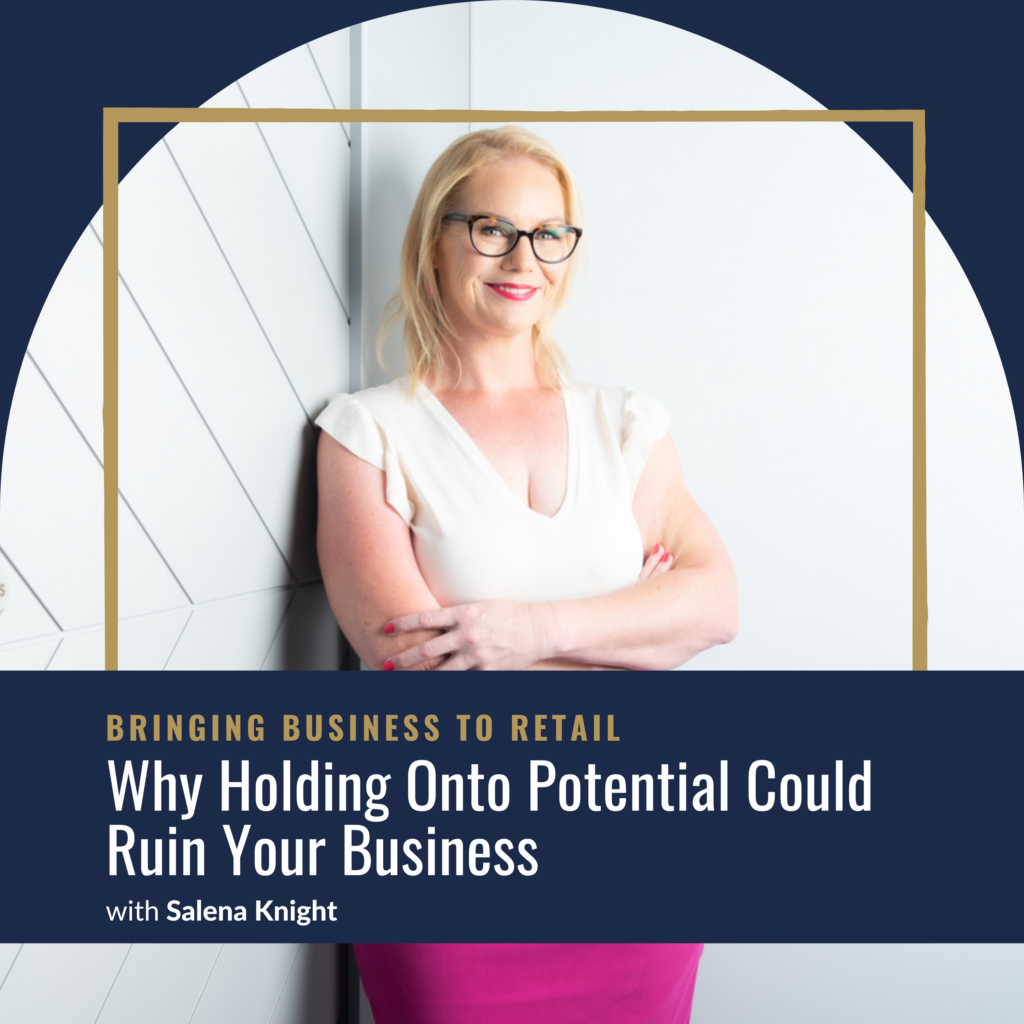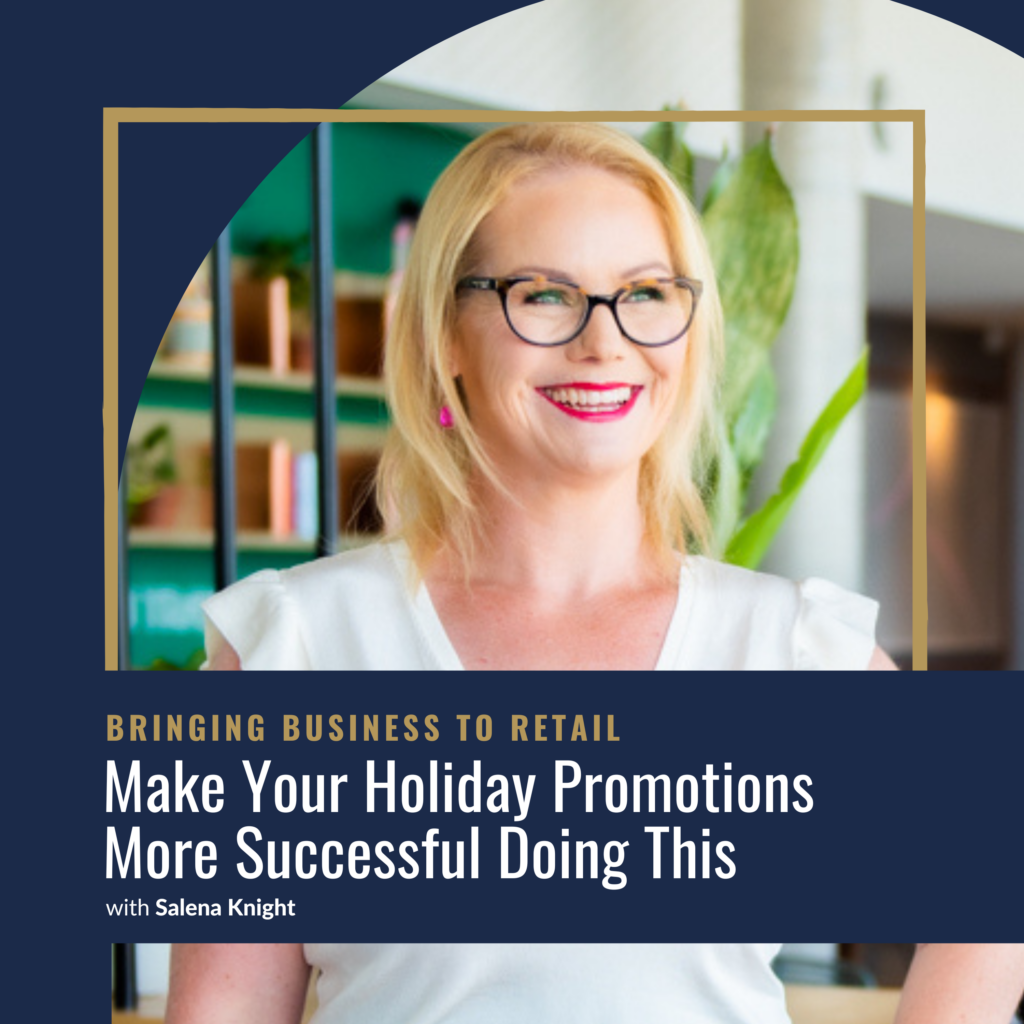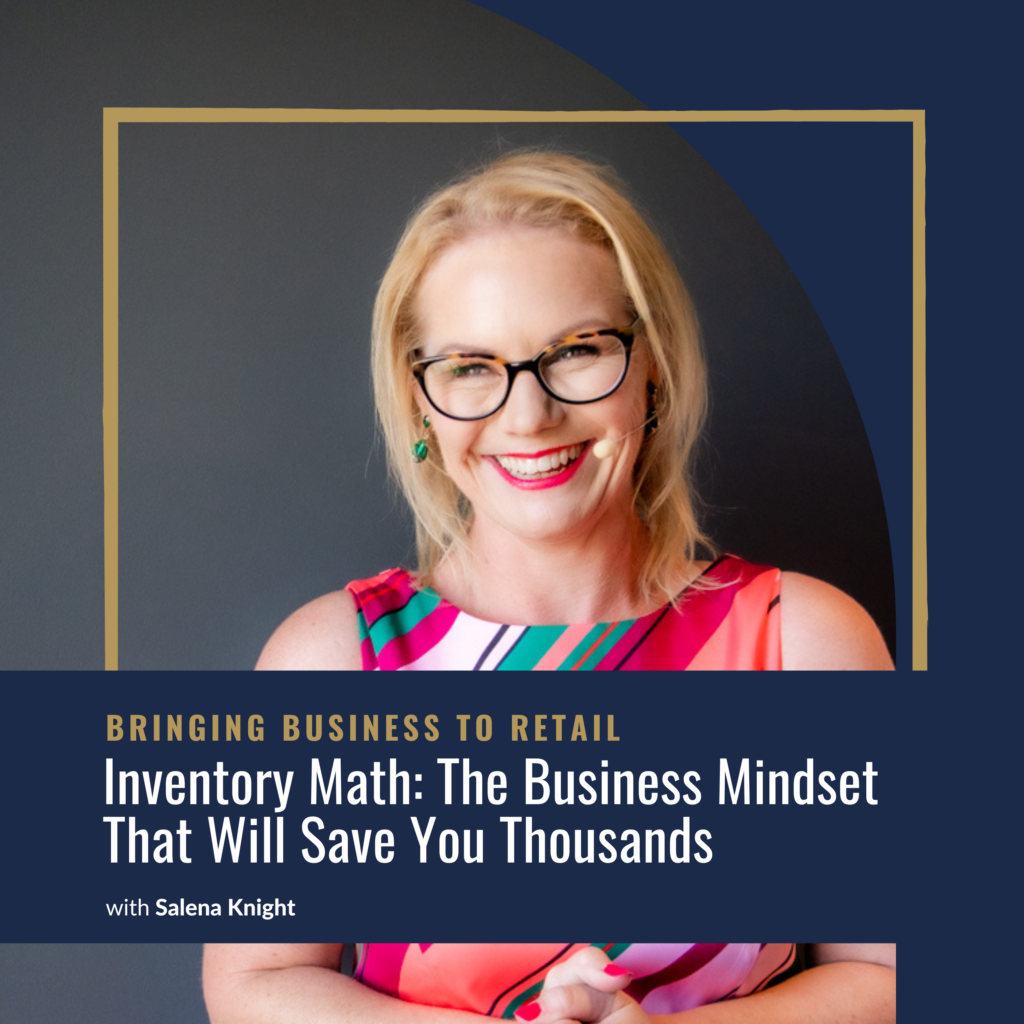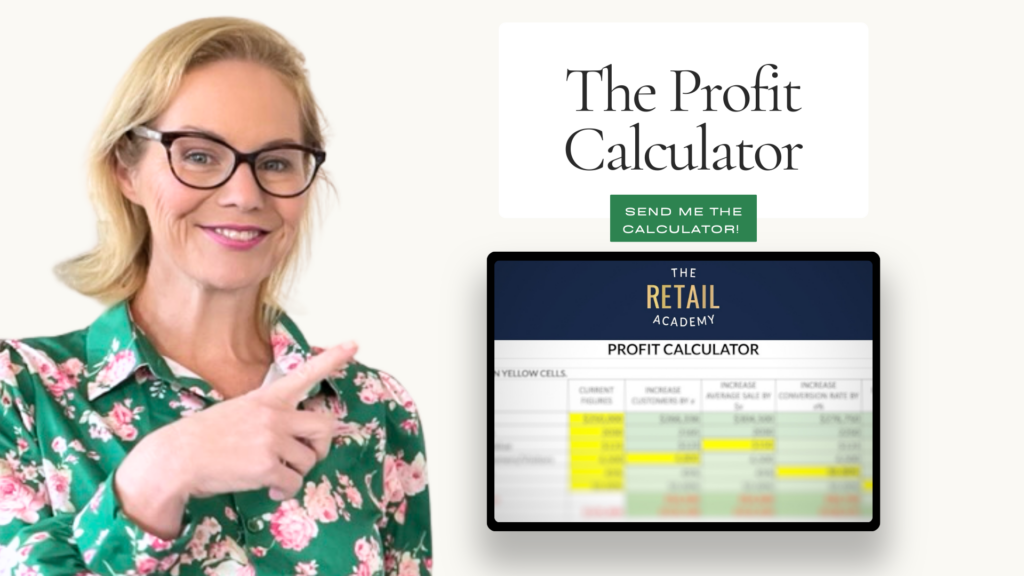
Yesterday marked my 20th wedding anniversary.
I met Ed in a pub, after getting some life-altering news.
We went on a date 2 nights later, got engaged THREE WEEKS LATER, married FOUR MONTHS from the day we met.
No, I wasn’t pregnant.
Yes, his parents asked “who to” when he said he was getting married…
What the heck has this got to do with how much you should be earning?
— >> JOIN THE DOUBLE YOUR SALES IN 90 DAYS CHALLENGE NOW <<–
Well, when you get married fast, you need to get on the same page fast.
So we went to see a financial advisor,
And what happened in that 3 hours + session, turned out to be one of those
”when you look back that was a pivotal point in my life, but I didn’t know it at the time” moments.
Find out what happened and how it changed my mindset about how much I REALLY should be earning to live my dream life (and perhaps you should too).
The importance of setting financial goals and paying oneself in a business. 3:18
Setting salaries for business owners. 7:25
Paying oneself fairly in business, with emphasis on setting goals and valuing time. 15:24
Financial planning, prioritizing goals, and mapping out a desired lifestyle. 20:24
Doubling sales in 90 days through business and mindset shifts. 25:04
LISTEN NOW on The Bringing Business To Retail Podcast
Unknown Speaker 0:02
Hey there, and welcome to the bringing business to retail podcast. If you're looking to get more sales, more customers, master your marketing, and ultimately take control of your retail or E commerce business, then you're in the right place. I'm Celina Knight, a retail growth strategist and multi award winning store owner whose superpower is uncovering exactly what your business requires. To move to the next level. I'll provide you with the strategies, the tools and the insight you need to scale your store. All you need to do is take action. Ready to get started?
Unknown Speaker 0:52
Hey there, and welcome to today's episode of The bringing business to retail podcast. Fun fact. I met my husband, Ed. In a pub on a school night. Yes, well, it was a work night. But I had actually received some really bad news, it was the 18th of December. So I was prepping the house getting ready for Christmas because Christmas was at my house. And my grandmother had been quite sick up into this point. And my grandmother was like my mum, I probably got along with her much better than I did my mother. And so as you can imagine, it was quite distressing to be told that your grandmother only had a couple of days left to live. And so I remember going in I had some housemates at the time. And I remember going into them and saying to them, my grandma's dying. And being in our late 20s As you do when you get bad news. They were like, Hey, we need to go out and get drunk. And this was a Thursday night. And I had to get up for work at five o'clock the next morning. So I was not you really, really fond of that idea. But I was also really not fond of the bad news that I've gotten. So my two housemates managed to convince me to head off to the pub to go and have a few drinks. Now we'll admit we probably got started before we went to the pub. Anyway, it was kind of a comedy of errors that I even ended up at the pub because this was back in the days with cabs and not Ubers. And did we have mobile phones? I'm gonna say yes, we had mobile phones. But they weren't necessarily used by cab drivers to let you know that cab driver was outside. Anyway, my pigeon was at the front of the house. And so I remember getting ready and having to look out the window and the cab was driving off. Now normally, if you're as old as I am, you remember the cab would pull up and it beep beep beep beep no beep beeps because my room was at the front of the house. There were no beeps. Still to this day. I will swear there were no beeps. And so I see the cab driving off and I go to my flatmates. And I say look, the cabs driven off. But they were not to be swayed. We were going to the pub, whether I liked it or not. And so they called another cab. We got in the cab. We went to the pub, and I'll be honest, by this time, I kind of had stopped on the drinking because I knew I had to get up and drive to work at so early the next day. But we went to the pub and I think I had one drink and we were playing there were three of us altogether by myself and go, flatmate and a guy flatmate. And so we decided to play pool or billiards. And I'll be honest, I'm not that great at pool at the best of times, certainly enough after I've had a few drinks. So we were playing very bad pool. And this guy came up and said, Hey, can I play doubles with you? We're like, Yeah, sure. So my guy flatmate was actually very good at pool. So between the two of them, they kind of played a game. And you know, after that, we got talking. Fun, you know, long story short, we went out for my head, and I went on our date on the Saturday, and we got engaged three weeks later. We got married four months later. And as this goes to air, we will have just celebrated our 20 year anniversary. Now, when you get married fast, and no, I was not pregnant. But when you get married fast, you need to get on the same page fast. Because I didn't know what he had and he didn't know what I had. And he just moved to Australia from England. I didn't even know whether he had a visa at the time to stay. But we got married and then we went to see a financial advisor because neither of us kind of knew what the future would hold. But I just want to park that
Unknown Speaker 5:00
For a moment, because what happened at that meeting has been one of those pivotal moments in life that you look back on and you realized, changed your whole life forever. But at the time, it seemed like nothing at all. So let me pick that story back up in a minute, I want to walk you through what I've since learned. So it makes the most sense when it comes back to how much you really should be earning, which is the name of this podcast. Now, most people think that when they start a business, they put the need to put everything back into the business. And I see this time and time again, I'm just going to reinvest everything for the first couple of years. But that sets a really dangerous precedent. Why? Well, because there's not usually a line in the sand, there's not any expectation of when does sinking everything back in, stop becoming the norm and start being what I used to do. So when do you stop sinking everything back in, and when do you start paying yourself. And if you don't have that line in the sand, what happens all too often. And I see this, with so many retailers is they get sucked into this concept that businesses don't make money in the first two years or three years insert any number here. And so that reinvesting everything back into the business, and two years later, they're still thinking everything into the business, they have worked double time to get the business moving forward. Now,
Unknown Speaker 6:44
that only works. If you have something like venture capital, it doesn't work. If you are syncing your own money and your own earnings, your own wages back in to the business. And so what ends up happening is you put everything back in every bad thing back in. And two years later, three years later, five years later, you realize this whole time, you've been working for nothing. And so what ends up happening over and over again, is that you end up five years worse off, or three years or two years worse off, than you were when you started. So my advice if you are doing this right now, or if you're thinking about opening a business, or if you have caught yourself doing that in the past, my advice is to set yourself up from the beginning and allocate something, anything to come back to you. Now, I don't care if that is $50 a week, or $100 a week or $1,000 a week, the business can sustain it. What I do know is if you draw this line in the sand and say, you know, I will reinvest everything apart from $100 a week for the first six months, then the business will have to learn to stand on its own two legs. But if you don't do that, and you don't pay yourself anything, what ends up happening is you start to resent the business. And you know, if you've been in a situation that can end up causing what happening, what ends up happening is you can cause friction within your relationships. And so your partner might say you've been doing this for 12 months, and what have you got to show for it, there's, there's no money in the bank, you're working way more than you ever did in your job. And you're getting nothing in return. Whereas if you have this line in the sand, where I'm going to reinvest everything for the first six months, but I'm going to pay myself $100 a week, then you have something to show for it. But also, I can guarantee that if you are working 4050 6070 hours a week for $100 a week that gets old really, really fast. And so you end up pushing the business to make more money. So the other thing that I see is people sitting I call them profit goals. So profit goals are when you hit a certain amount of profit, then you're going to do X. So when the business hits
Unknown Speaker 9:20
$50,000 a month in turnover, I will start paying myself $1,000 a week when the business hits $70,000 in turnover than I'm going to bring on a part time team member. So you have to have these goals, to set yourself up and know that when you hit them, you've made a promise to yourself and you've done that because you've done the numbers to work out what you need and what it's going to cost you. But if you break that promise to yourself, then what ends up happening is the business starts to act against you or the business starts to run against you
Unknown Speaker 10:00
And this happens by circumstance, not because you wanted it to, but because if you're constantly bake it breaking promises to yourself, then when are you going to get to the point where the business starts giving back to you. And that's not what we started a business for, is it, we started a business to make more money and to give us more freedom. Now, let's talk that. And let's just assume that you have got to the point of paying yourself. So we've ditched a couple of those myths, a couple of those industry norms out of the way. And let's talk about how much you really should be earning in your business. Because this is a common question that I get asked over and over again, like how much should I be paying myself, Should I just be taking profit out of business? Alright, let's jump into that. Now. There are a lot of different ways to calculate how much that you should get paid. But the most common way that we see in our business is owners and founders, just taking what's left after paying everybody and everything else. Now, kinda like not paying yourself at all. The downside of that is, there is no impetus for you to hit a certain revenue target, there is no accountability for either you, or your team or your business. Remember, your business is their vehicle to make you money. And if you don't have goals in place, and you're only taking what's left, then your business is never going to hit its true potential. Because especially if money is not your focus, if money is not the reason you do this, then it can be really easy to just be okay with taking what's leftover. But without setting those goals without putting those bars in place for your team and for you and your business to work towards.
Unknown Speaker 12:00
The business kind of collapses on itself. People just turn up and do what they have to do. But we love goals as humans, we want to do well, we want to see that we've achieved something. So putting those goals in place is not only going to make you happier, it is going to make your team happier, and it's going to make your bank account happier. The next common way that we see is, I'm gonna say it's loosely based on the profit first formula. And if you've heard about that, it is working out how much you need to live or in this case, how much your business needs to operate. And then setting separate accounts up for different things to go into. So you might have a tax account, you might have a inventory purchasing account, you might have a wages account. And out of every every transaction that comes in a percentage of that gets put aside into each one of those buckets. So
Unknown Speaker 12:59
what we see is business owners taking a percentage of profit or a percentage of revenue. But that might not be the best option. Because if you haven't, if you're going with this profit first formula, and you haven't sat down and worked out all those individual buckets, then you could still end up with a shortfall. And I see this too many times where the business owner says, But I take a percentage of usually revenue, not profit, I take a percentage of the revenue, but then I have to put it back. Which is a false economy, isn't it, putting it back into the business? Isn't the business standing on its own two legs, it is just you taking money to feel better, and then having to put it back in again, which makes us not feel so great. So neither of those ways truly answers the question of how much you should be really earning.
Unknown Speaker 13:54
What they do is tell you what other people are doing, which might work for them. Or maybe they haven't even sat down and worked out if it works for them. So here's where I like to start when it comes to working out how much you should get paid. And the first thing that I always do is work out what would the equivalent person cost to do your job. And I say this, because if you go to sell your business, your business is valued on a key set of criteria. And one of those is whether you're paying yourself or whether they would have to put somebody in to do your job. So if you are paying yourself the wage of a store manager, then that's great. Whoever comes along to buy your business knows that when it comes to your profit and loss, your break even point all that kind of stuff. It's been worked out as if a store manager was getting paid. But if you're just taking a percentage of the profits, and somebody has to somebody comes in to look at buying your business, then they're going to factor in
Unknown Speaker 15:00
that there's another 70 or $80,000, that I have to take out of the profit to pay for someone to do that job.
Unknown Speaker 15:08
But let's be real, you are probably not just the E commerce manager, and you are probably not just the store manager.
Unknown Speaker 15:17
Are you the marketing manager? Are you the E commerce manager? Are you the social media marketer? Are you the store manager? Are you all of these things? Because if you are, and you have to be honest with yourself, if you are, you need to be paid commensurately with what that role is. And I would say, if you're doing a lot of those things, it's kind of probably in the line of like a chief operations officer, at which point we're probably talking in the mid $100,000. Now, can your business afford to pay that if it can, fantastic, you should be getting paid that. But if it can't, then you need to sit down and do some math and at least be paying yourself the lowest role that you are doing with a plan to move up to the role that you're actually looking at the role that you're doing every single day in your business. Because what you are, is a CEO. And if you go and look up the packages that a CEO gets of a retail business, I think you will find that there are a lot of things other than money that gets put into their package, they will probably have options, they will have a car, they will have phone, all these things that you may or may not be accounting for in your business, have to get put together to give you a true indication of what your role is worth. So on that, I said, in passing, that you should be getting paid at least the minimum of the lowest role that you are doing in your job.
Unknown Speaker 16:55
So let's just take a quick look at that. Are you doing jobs are you filling your day, with tasks that a junior could do, or a tasks that you could outsource to somebody else. And I asked this because literally just this morning, I had a conversation with a retail business owner, a seven figure retail business owner who wasn't doing any email marketing, because they just didn't have the time they had staff off sick, they were in the process of hiring, a whole bunch of things had brought together this perfect storm, that meant there was nobody to do the email marketing other than the owner and founder themselves. Now, when that happens, of course, and you're too busy to do the work, you end up losing money, because you might be sending out three emails a week. Now all of a sudden, you're sending no emails a week, for one week, two weeks, three weeks, four weeks. And so that three 510 20 $50,000 That might have been coming in each month from email marketing, just simply disappears. All because
Unknown Speaker 18:04
you're doing something that you could have paid a junior to do. Or you could have, you're doing something that you could have just outsourced somebody else to do. This is just a false economy, doing jobs for the sake of doing jobs, and not getting paid for them is a false economy in your business. So that brings me to our you pay yourself for the amount of hours that you work. Now, I said right back at the beginning, I don't care if you start paying yourself, you know, 50 or $100. I say that because giving yourself some worth some value is important to know what your actual worth is. And like I said, if you're paying yourself $100 a week, and you're working 60 hours, you start to realize really quickly that you could pay someone else $100 A week, and free up lots and lots of those hours to actually focus on the things that will make you money in your business or the things you actually enjoy doing. So when you weigh all of that up, does your pay that you are paying yourself seem reasonable compared with your employees wages? Oh, yes. Are you the person who pays everybody else before you pay yourself?
Unknown Speaker 19:24
There's no point in being a martyr here. Because if you're not getting yourself paid, then it won't be long before the business gets to a point where it can't pay everybody else. And how much how much longer can you continue to go on like you still have bills to pay, right? You still have life to live. And that might happen in
Unknown Speaker 19:47
a time when we are doing things tough. But if we are not again putting that line in the sand, then how do you know how to move past it and you are important in your business.
Unknown Speaker 20:00
So, if you're paying yourself less than you're paying your team, that's a serious time for you to sit down and look at your business. And let's go back to the kind of the midpoint here where I said, You got to sit down and put those goals in place. How much does it cost for you to pay yourself? Okay, right, let's reverse engineer that. How much does the business have to make? All right, let's reverse engineer that. What is my average order value? Great. So now I know how many people I need to get in the door, or how many people I need to get to my website. Now, one of the things I learned from that financial advisor was thinking about how much I need to earn to live the life that I want. So let's regroup and go back to my story about the financial advisor. So Ed, and I were in our late 20s, only just be married, and we are sitting in a room with a financial advisor. And for three hours, this guy had a blank board. And he walked out and I through what our dream life would look like, remember, we had just gotten married at this point. And so we were just, you know, we were young and in love. And we were just happy being together. We hadn't really thought about things like, what kind of cars did we want to drive? How often do we want to replace our cars? How often do we want to travel? Where do we want to travel to? Where we're going to have kids? And if we were going to have kids? Were they going to public school or private school? Did we want to increase our investment portfolio? What did that look like? Would that be shares? Would that be property? Would there be negative gearing? Question after probing question. And I remember at the time thinking, this is a lot and I was looking at each other going like this is a lot, we're learning a lot about each other. But making us really think about what we wanted, was such a game changing moment, it is actually something that I do with my one on one clients in our first sessions together. Because as humans, something that we really struggle with, is saying things that we don't want saying all the things that we're against, but we struggle to say what we do want.
Unknown Speaker 22:22
And that's okay. Because you can start anywhere, right, you can start with, okay, what I don't want is to drive a crappy old car,
Unknown Speaker 22:33
then what you do want is to drive a better car. And you can dream at this point. Because if you can only come up with the things you don't want. What you do want is simply the opposite of that. So I don't care whether you go through and write all the things you do want, or all the things you don't want. But if you write the don't want things, you also have to write what the opposite of that is. So things like, you know, what kind of car do you want to drive.
Unknown Speaker 23:00
A lot of people who are listening to this podcast, aren't driven by money and aren't driven by things. But it is okay to want night, nice things, it is okay to want to have a new car every three years. Remember, if you buy a car, every three years, every time you make that purchase, you are helping somebody, you're paying the commission of the salesperson, all the people who built the car are being kept employed, the dealership is getting money, the guy who the guy or the girl who owns the
Unknown Speaker 23:35
building, that the dealership is housed in the person who goes on to buy your second hand car because they can't afford a new car. You don't have to feel guilty about wanting things in life. So your action step. Oh, and I would love to know if you do this, because I'm gonna go out on a limb and say 99% of people who are listening to this podcast, won't ever do this. I know it is crazy. I mean, it's like putting your dream as hat on, and just go into town and mapping out what your best life looks like. Why would you not want to do that? So your action step is to do that. I want you to get a whiteboard, get a bit of paper, get your iPad, whatever, and map out all the things that you would want. Do you want investment properties? Do you want to be able to travel? If you've got kids? Do you want to be able to send them to private school?
Unknown Speaker 24:32
Don't be limited by what you think is possible because this is the key point of this whole story, which is once we had a whiteboard, a whiteboard full of everything that we could possibly dream of
Unknown Speaker 24:48
the financial advisor grantees calculator, he did the math, and he worked out that I needed to make around $250,000 a year to have the life
Unknown Speaker 25:00
If that had everything in it that I could possibly dream of. Now, it doesn't seem like a lot right now. But at the time, this was 20 years ago, I was on an $80,000, a year government job that had no salary progression, there was no usually in government, you have the opportunity to move up a ladder. But the role that I was in, had no salary progression whatsoever. And so at the time, it seemed impossible. And if you would have told me then, that in 15 years, I would have founded built, grew and sold a retail chain of stores, or that I would be working with literally 1000s of people all over the world, helping them to grow their businesses. I mean, I was a horticulturist, and an arborist, I hadn't run any business whatsoever. And so I would have just been like, You're crazy. Like, I don't understand how I can get from here to here.
Unknown Speaker 26:00
So that's the important part. Because at the time, $250,000, a year seemed impossible. And still to this day, I remember Ed saying to me, ah, well how you gonna do that, like you work for the government on a seven day roster on a fixed series of six fixed amount of wages, like, that's never going to happen.
Unknown Speaker 26:24
But here I am, having changed jobs, change careers, change everything about my life.
Unknown Speaker 26:33
And what I took away from that exercise was, I had something to work toward.
Unknown Speaker 26:41
And I didn't know how it was going to happen. I didn't know
Unknown Speaker 26:47
in any way shape, or form that it would mean, giving up a career that I had spent, you know, 1015 years learning and building to go into something completely different.
Unknown Speaker 26:59
But that's what the universe threw at me. And so that's what I want to do for you. If you truly want to know how much you should be earning, I want you to write down what you want. And then simply reverse engineer it, work out how much you would need, how much all those things would cost? How much would you be paying for a private school education? How much would you be paying, if you wanted to buy yourself a new BMW every three years, just sit down and work it out.
Unknown Speaker 27:32
And the great part about this is that you have this vehicle to be able to achieve all of that, you might think that especially right now, when things might be a little bit tighter, that you will never be able to hit those numbers. And maybe that number is a million dollars. But trust me, earning a million dollars out of a retail and E commerce business is 100% doable, if that's what you want, right, reverse engineer, and let's put a plan in place to get you there. So if you think that your business could be doing better, if you think your business could be bringing you in more money, I would love for you to come and join my upcoming five day challenge, how to double your sales in 90 days, you'll be rolling up your sleeves and taking action to change the trajectory of your business and your life. Because we won't just be working on your business, we are also going to be working on you, just like we did in this episode. Because I bet right now, you are the driving force behind your business. And you know what I can tell you from that it is freaking exhausting to be the only person pushing your business forward. So let's change that. If you are feeling flat, or if you're in a rut, or if you're not coming up with good ideas, or if you think that the economy is tanking so bad that you don't even know if your business is going to keep going, then what have you got to lose? I'll be teaching you the business and the mindset shifts that you need to make to double your sales in 90 days. I know it's a big call. Right. But being bold is one of our core values here at the retail strategists. So are you ready to come along and learn how to do it? If so, head over to cylinder night.com forward slash challenge and you can register for free. And during these five days, I'll be giving you real life examples that you can take and you can put into place in your retail or E commerce business. Just like this podcast. If you do that one simple thing of mapping out what you want. I say simple, but the simple fact is simple. Simple. The simple fact is, most people aren't going to do it. Right. Which means most people never get never going to get to the point in their business where their business is giving everything that they want because they won't do something as simple as dreaming about the life that they want to live. Like costs now.
Unknown Speaker 30:00
Nothing, you can do this while you're a passenger. In a car driving somewhere, you can do this on the train, you can do this on your phone while you're on the treadmill or walking the dog doesn't cost anything. But you got to step up and take action. And that's the difference between doubling your sales and not stepping up and taking the right action in your business. So if that is something that you are interested, head over to Selena knight.com forward slash challenge, and you can register for free. Alright, I can't wait to see you there. And I would love it. If you could either send me a DM or comment on this post? And tell me either what is that number that you need to be earning? Or what else? Just what is just one thing that you have put on that list of what your perfect dream life looks like? All righty, I'll see you next week.
Unknown Speaker 30:57
So that's a wrap. I'd love to hear what insight you've gotten from this episode, and how you're going to put it into action. If you're a social kind of person, follow me at the Selenite and make sure to leave a comment and let me know. And if this episode made you think a little bit differently, or gave you some inspiration, or perhaps gave you the kick that you needed to take action. Then please take a couple of minutes to leave me a review on your platform of choice. Because the more reviews the show gets, the more independent retail and E commerce stores just like yours, that we can help to scale. And when that happens, it's a win for you. A win for your community, and a win for your customers. I'll see you on the next episode.
Share this episode
Watch The Video



